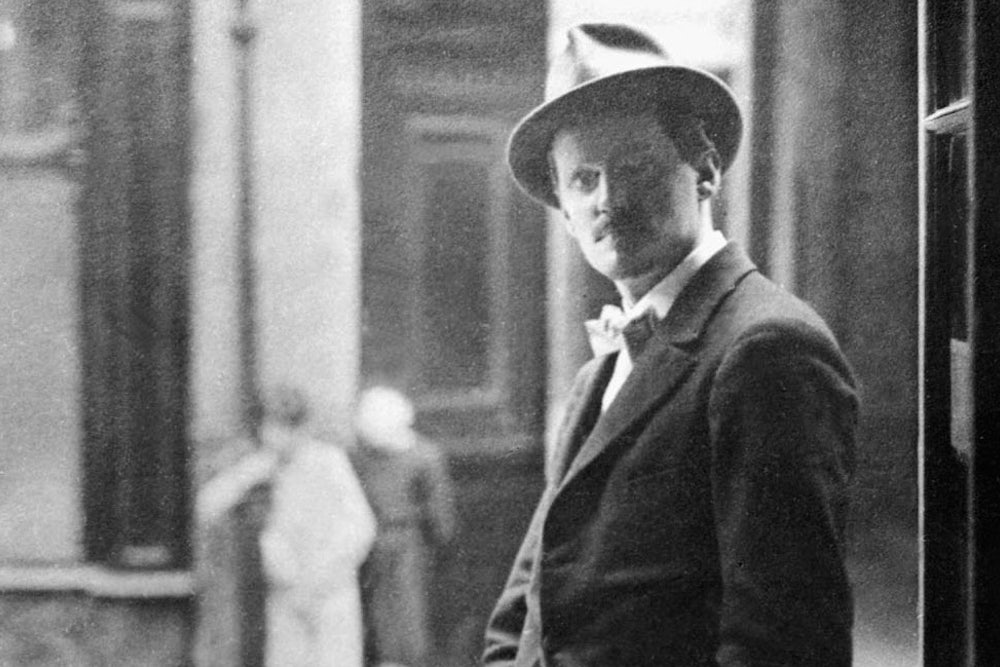James Joyce died in Switzerland, the last truly neutral country in western Europe. Since his escape from France, he had been living with his family in Zurich—in the same house, we are told, that they occupied in the World War. He was there twenty-six years ago when Romain Rolland, also a refugee in Switzerland, published Above the Battle. But Joyce was not so much above as completely outside the battle. He was working as much as 16 hours a day on the writing of Ulysses, a task that seemed more important to him than the fate of the warring countries. After leaving Ireland in 1904, he never permitted himself to make a statement on any political issue. He was the leading representative in our time, and perhaps in all times, of the theory of literature as a pure art almost completely divorced from society.
Literature as a pure art approaches the nature of pure science. And Joyce was also the great research scientist of letters, handling words with the same freedom and originality that Einstein handles mathematical symbols. The sounds, patterns, roots, and connotations of words interested him much more than their definite meanings. One might say that he invented a non-Euclidean geometry of language; and that he worked over it with doggedness and devotion, as if in a laboratory far removed from the noises of the street. This does not mean that he neglected to present human beings in his novels. Stephen Dedalus and his father, Leopold and Molly Bloom, even H. C. Earwicker of Finnegans Wake, are figures that will not be forgotten. But they are figures that are analyzed exhaustively in repose rather than being presented in action. And the side of them that held Joyce’s interest was their subconscious—that is, the side that medical scientists like to deal with. Moreover, even the strongest of his characters seem dwarfed by the great apparatus of learning that he brings to bear on them. They are almost like atoms being smashed by a 250-ton cyclotron.
These are some of the reasons why Joyce was not a writer of the same magnitude as Tolstoy or Stendhal or Dickens or any of the great men whose subject was human actions in their social background. In his own field, however, he was absolutely without an equal. There are very few serious novels of the last twenty years that do not show traces of his influence, even if only at third hand. The writers of the world owe him an enormous debt for making discoveries that have opened new horizons even to those who completely disagree with Joyce’s idea of literature. They will miss him all the more because, in the hard years that lie ahead of us, it is doubtful whether any great scientist of letters will have the opportunity to carry on his work. Perhaps there will not even be neutral countries to which they can escape.
